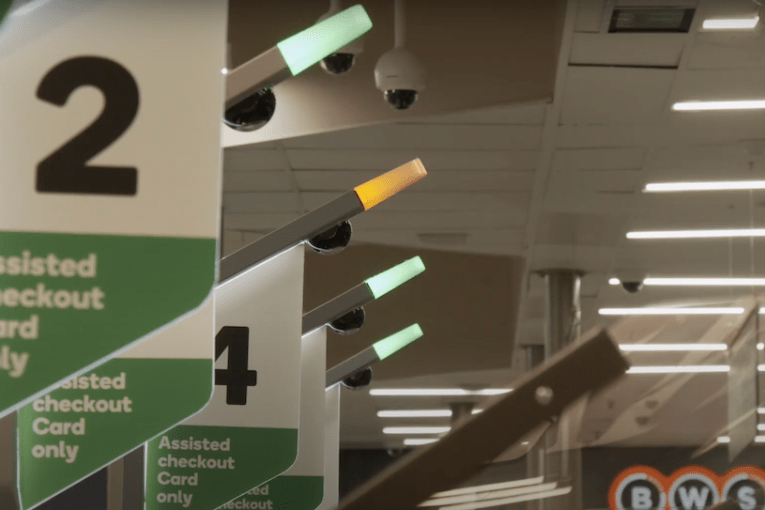What’s wrong with retail?: Where did all our iconic bricks-and-mortar stores go?

Retail laid to rest: Some of the iconic Australia stores that have disappeared from the landscape. Photo: TND
Australia’s traditional retail market is wearing another victim, as 1000-plus businesses cower under the axe of increased competition, rising outgoings and changes in consumers’ preferences.
Fashion brand Roger David this week joined a growing band of retailers to announce it would shutter their businesses.
The 76-year-old menswear retailer will close its 58 fashion and accessories stores across Australia within weeks after buyers failed to materialise to sell the business as a going concern, resulting in the loss of 500 jobs in the weeks before Christmas.
It is not the first iconic Australian retailer to fold this year.
Iconic names such as Toys R Us, Maggie T and Esprit have also been lost, while Payless Shoes, Pumpkin Patch and Blockbuster Video disappeared in the rearview mirror in 2017.
According to SV Partners, a company that specialises in insolvency, the number of retailers at risk of collapse continues to rise – growing three percentage points in the past year alone – and some pretty large businesses are now staring down the barrel.
Almost 1500 retail businesses are at risk of imminent collapse, the report states, including 260 with turnovers of more than $10 million annually. And there is no end in sight of tough times for the industry.
Hurdle after hurdle
SV Partners managing director Terry van der Velde said retailers faced challenges ranging from international and online competition, technology disruption, domestic pressures and changing consumer tastes.
“The retail market is one of the most highly competitive in Australia,” Mr van de Velde said.
“The past year has seen a continued onslaught of competition from international retailers, with nearly 40 of the top 250 global retailers now operating here.
“High rents in capital cities, high labour costs and an increasing number of consumers choosing to spend on experiences, rather than new items, have added to the pressure.”
A culmination of these factors are being reflected in the declining share prices of a number of high-profile retailers, including JB Hi-Fi – down 22 per cent from $29.47 in January to $22.93 on Tuesday, Super Retail Group – down 32 per cent from $10.44 in August to $7.06, and Harvey Norman – down 32 per cent from $4.54 in February to $3.08.
Dire times for Myer
Retail icon Myer has recently born the brunt of the retail train wreck.
The 118-year-old company that opened its first store in Bendigo, central Victoria in 1900, has seen its share price cut in half from 80 cents last December following a string of disappointing sales results.
At 40 cents on Tuesday, the shares were trading at less than one-10th of the value of their price of $4.10 when they were first publicly traded in 2009.
Former Myer chief executive Bernie Brookes knows the retail sector well. He told ABC Radio in February that many large stores needed to make “significant changes” to the number of brands they stocked and the lax service they provide to compete in today’s marketplace.
“The world’s changed and unfortunately a lot of these models have got very big obligations with bricks and mortar [stores] … far too many stores and stores that are too big,” Mr Brookes said.
Myer has the one of the largest retail footprints, with 64 stores spread across the country.
According to one retail financial analyst, who asked not to be named, Myer is trapped with stock offerings between the lower-end discount stores like Kmart, Target and The Reject Shop and high-end chains like David Jones, plus a host of online outlets targeting consumer goods.
Retail number cruncher Barry Urquhart, of Marketing Focus, said the key for bricks and mortar outlets was not just about price but a combination of value, point of difference and innovation.
He said brands like Apple and Aldi were winning the battle because they understood this formula.








